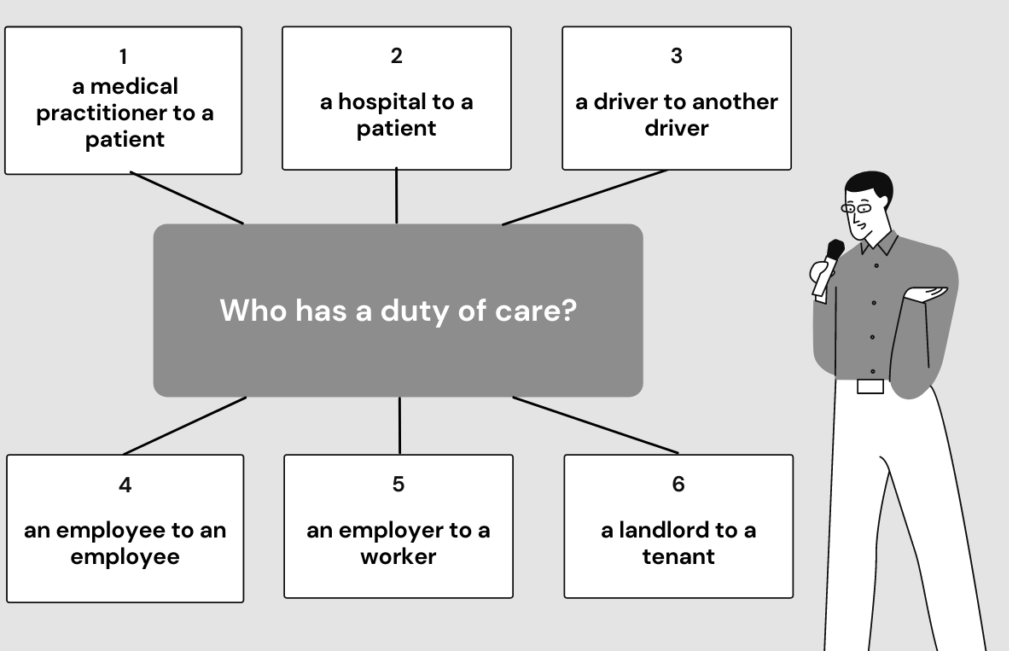Introduction
In our quest for responsible decision-making, we often turn to mental models that guide our thought processes. One such powerful mental model is the Duty of Care. Anchored in human psychology, the Duty of Care model emphasizes the importance of fulfilling our obligations and responsibilities towards others. Understanding this mental model is crucial as it influences our day-to-day decision-making, allowing us to navigate relationships, business scenarios, and public policy-making with prudence and empathy. In this blog post, we will explore the concept of Duty of Care, its relevance in decision-making, its prevalence in various contexts, the biases that contribute to it, strategies to overcome its pitfalls, and the value of active avoidance of this mental trap.
Defining Duty of Care and Its Relevance
The Duty of Care mental model refers to the responsibility and obligation we have towards others to act in a manner that avoids causing harm or foreseeable risks. It is rooted in the principles of ethics, empathy, and social responsibility. By acknowledging and fulfilling our duty of care, we ensure the well-being and welfare of others, fostering trust, and maintaining ethical standards.
The Duty of Care model is relevant in decision-making processes as it provides a framework for considering the potential consequences of our actions on the welfare of others. It encourages us to balance self-interest with the interests and well-being of those who may be affected by our decisions. By recognizing our duty of care, we can make more informed and responsible choices that align with our ethical obligations.
Occurrences of Duty of Care Bias in Various Contexts
Personal Life Decisions: In personal life decisions, individuals may fall prey to the Duty of Care bias when they prioritize the needs and well-being of others to the detriment of their own happiness and self-care. For example, someone may sacrifice their own aspirations and dreams to fulfill societal or familial expectations, leading to unhappiness and unfulfilled potential. By neglecting their own well-being in favor of an exaggerated duty towards others, they make decisions that are contrary to their best interests.
Business Scenarios: The Duty of Care bias can manifest in business scenarios when organizations prioritize short-term profits over the long-term welfare of employees, customers, and the environment. For instance, a company may cut corners on safety measures to reduce costs, leading to increased risks for employees and compromised product quality. By disregarding their duty of care towards stakeholders, businesses risk damaging their reputation, losing customer trust, and facing legal consequences.
Public Policy-Making: Duty of Care bias can influence public policy-making when decision-makers fail to prioritize the well-being of the entire population. Political leaders may prioritize the interests of specific groups or industries, neglecting the duty of care they owe to the broader public. This can result in policies that exacerbate inequalities, harm marginalized communities, or ignore pressing societal issues. By succumbing to the Duty of Care bias, policymakers make decisions that are contrary to the collective best interests.
Mental Biases and Psychological Underpinnings
The Duty of Care bias is influenced by various cognitive biases and psychological factors:
Altruism Bias: The tendency to prioritize the well-being of others over self-interest. This bias can lead individuals to neglect their own needs or overextend their responsibilities towards others, compromising their well-being.
Confirmation Bias: The inclination to seek and favor information that confirms pre-existing beliefs or assumptions. The Duty of Care bias can be reinforced by seeking out information that justifies prioritizing the well-being of others without considering alternative perspectives.
Groupthink: The phenomenon where individuals within a group prioritize consensus and conformity over critical thinking. In the context of Duty of Care, groupthink can reinforce a collective belief in the importance of fulfilling obligations without questioning their validity or potential negative consequences.
Strategies to Identify and Overcome Duty of Care Bias
To avoid succumbing to the Duty of Care bias and promote more objective decision-making, consider the following strategies:
Assess the Scope of Responsibility: Evaluate the extent of your duty of care in a given situation. Consider the potential impact of your decisions on different stakeholders and weigh the ethical obligations accordingly.
Seek Diverse Perspectives: Actively seek out diverse viewpoints and opinions, including those that challenge your preconceived notions of duty and responsibility. Engage in open dialogue to gain a more comprehensive understanding of the potential consequences of your decisions.
Balance Self-Care and Care for Others: Recognize the importance of self-care and personal well-being. Find a balance between fulfilling your duty of care towards others and prioritizing your own needs, ensuring long-term sustainability in decision-making.
Regularly Evaluate and Reflect: Continuously reflect on your decisions and actions, assessing whether they align with your values and ethical standards. Regularly reevaluate the scope and boundaries of your duty of care to avoid falling into rigid patterns of thinking.
Conclusion
The Duty of Care mental model reminds us of our responsibility and obligations towards others in decision-making processes. While fulfilling our duty of care is important for fostering trust, empathy, and ethical behavior, blindly adhering to it without considering the broader implications can lead to irrational choices and self-neglect. By recognizing the biases and psychological underpinnings associated with the Duty of Care bias, we can make more balanced decisions that take into account the welfare of all stakeholders, including ourselves. Embracing diverse perspectives, self-reflection, and ethical evaluation enables us to navigate decision-making processes with responsibility, empathy, and a holistic understanding of the potential consequences. By actively avoiding the pitfalls of the Duty of Care mental trap, we can cultivate a culture of responsible decision-making that promotes the well-being of individuals, organizations, and society as a whole.
